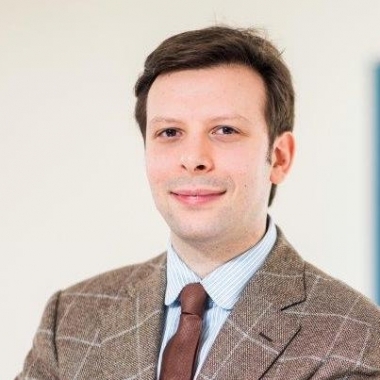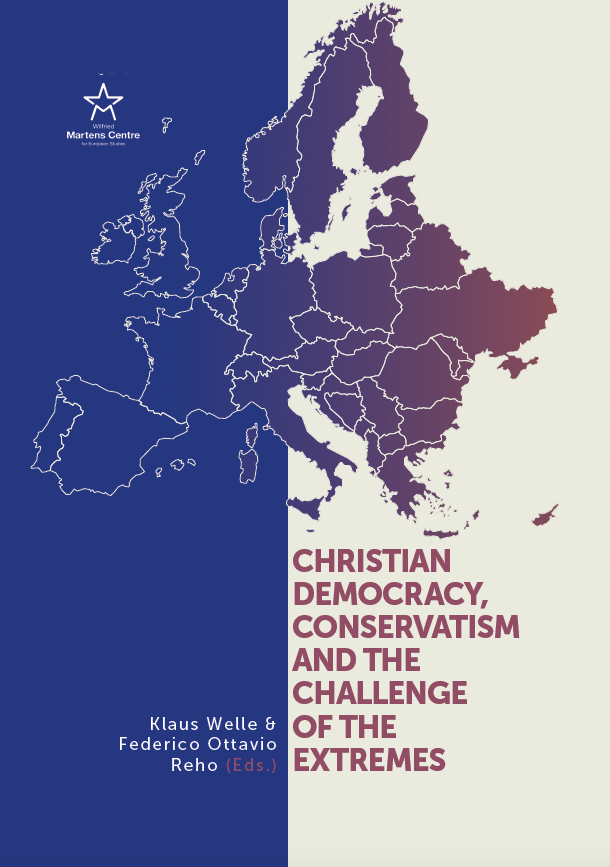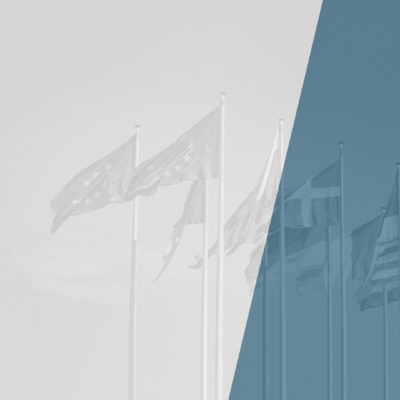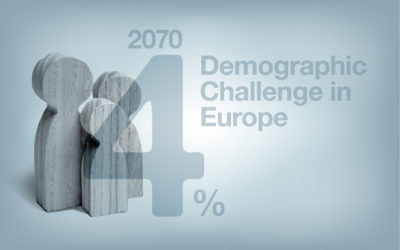The mysterious Monsieur Macron
15 May 2017
Mr. Emmanuel Macron is the new president of the French republic, and was formally enthroned in the Élysée Palace last Sunday. He succeeded François Hollande, a decent ‘president without qualities’ who reminded one of a musilian character from the crumbling Habsburg Empire, as opposed to anything resembling French grandeur.
The new President, although only thirty-nine years old, seems to have an intense sense of the dignity of his function, framed since 1958 by Charles de Gaulle as a monocratic power in almost mystical connection with the French nation. He decided to celebrate his victory in a highly symbolic lieu of the French capital: the pyramid of the Louvre.
This marks a discontinuity with the traditional settings of France’s political celebrations: for the Left, Place de la Bastille, where the 1789 revolution started; for the Right, Place de la Concorde, where an ocean of de Gaulle’s supporters converged after marching on the Champs-Elysées in protest against the leftist uprising of May 1968.
The Louvre’s pyramid is a symbol of modernity built under socialist President François Mitterrand. But the Louvre Palace is an eternal witness to the glory of the old monarchs of France, who used it as one of their residences up until the construction of Versailles by the Sun King. The place, neither Left nor Right, modern and traditional at once, is perhaps a perfect symbol of Macron’s most striking characteristics: his fundamental political ambiguity and the mystery within which his real personal and political self is constantly wrapped.
No doubt part of this ambiguity and mystery is a consequence of Macron’s limited exposure to the limelight. A private person far from the public’s attention until August 2014, the young public official and banker was only then catapulted by his mentor François Hollande into the post of Economy Minister, from which his spectacular ascension to the Presidency started. However, more profound reasons concur to forming this impression.
First, Macron’s intellectual identity is solid and ambiguous at once. A man of great intellectual gifts according to most observers, Macron trained as an economist, started his career as ‘Inspecteur des Finances’ in France’s powerful public administration and worked several years as a banker.
However, his first genuine loves were literature and philosophy: a passion for theatre seems to have brought him together with his wife, and he once assisted the renowned philosopher Paul Ricœur in preparing one of his publications. His interest in the humanities seems thoughtful and sincere, so that he is a technocrat and a humanist at once.
Contrary to Valery Giscard d’Estaing, to whom he is often compared, Macron is a humanist turned technocrat, not a technocrat turned humanist. This brings him closer to François Mitterrand, a man with a taste for erudition and a profound grasp of the subtle nuances of human psychology. From this perspective, Macron could not be further from his two immediate predecessors: Hollande, a grey product of France’s technocratic establishment, and Sarkozy, a son of the pop culture of the 1960s and 1970s.
Second, Macron’s politics is ambiguous, and this goes much beyond the alleged vagueness of his presidential platform. Macron is the second European politician who consciously bet on a transformation of western political systems that would substitute the cleavage reformist/conservative in place of the old left/right cleavage, deemed to have outlived its usefulness in an economically global world and politically integrated Europe.
The first was not Matteo Renzi, a foreign leader to whom Macron is also compared – much to the latter’s chagrin I would imagine – but former Italian Prime Minister and would-be political leader Mario Monti. While Renzi has consistently depicted himself as a centre-left leader, Monti’s bet in 2012 was to split both the centre-right and the centre-left between their reformist, economically liberal and pro-European components on the one hand, and their economically conservative and Eurosceptic elements on the other hand.
The first would be reorganised as a strong political centre under his leadership, and carry forward a programme of national reforms and European unification, while the latter would be condemned to lasting marginality in opposition. Macron is surely a more charismatic and gifted leader than Monti, but his vision ‘beyond Left and Right’ is essentially the same.
Third and most importantly, Macron’s political goals are ambiguous. To be more precise, his political goals are only partly stated because some of them cannot be openly stated. What can be least stated is that the archenemy of Macron is not the Front National, but the republican Right. This has nothing to do with Macron’s personal distance from the positions and the leaders of the republican Right – in fact, on many policy areas, most notably the economy, his ideas are closer to the republican Right than to the Left.
It is the logic of his political bet that requires the republican Right to split and crumble, with a more centrist wing swallowed by his movement ‘La République En Marche’, and a more hard-core wing potentially attracted by a newly rebranded Front National or condemned to irrelevance. If the republican Right succeeds and prospers, Macron will lose the political bet of his life. This is why he appointed a centre-right Prime Minister this week, in the hope of encouraging the forces of decomposition among centre-right conservatives.
It is true that Macron pledged to reabsorb support for the Front National during his five-year term. But his actions have subtly and, I suspect, consciously legitimised the far-right as his main opposition. Contrary to Chirac in 2002, he accepted to debate with Marine Le Pen, implicitly recognising the legitimacy of her project.
He even addressed to her a ‘republican salute’ in his acceptance speech. In fact, Macron cannot accomplish the transformation of the French political system he is seeking without absorbing the republican Right and legitimising the Front National as his main right-wing opposition, and he is certainly aware of it. The cold-blooded precision with which he executed his plans so far, while hiding some of their real implications, signals that he shares not only Mitterrand’s erudition, but also his Machiavellian genius.
This article was originally published in New Europe
Picture source: kenvtv.com
ENJOYING THIS CONTENT?





















